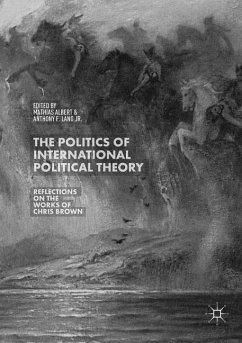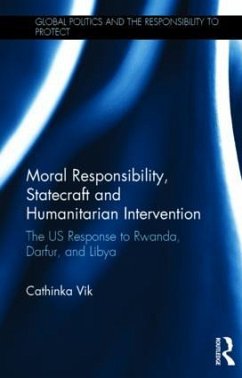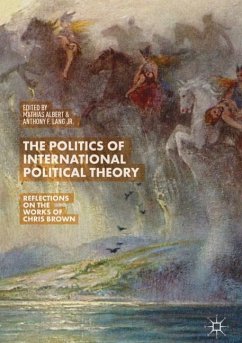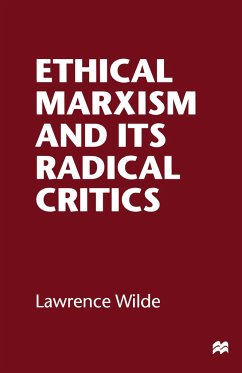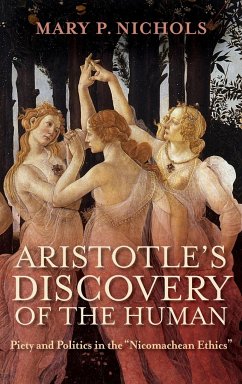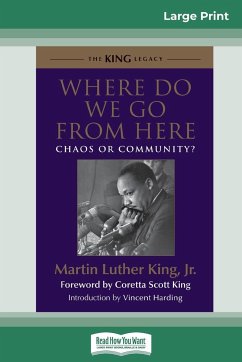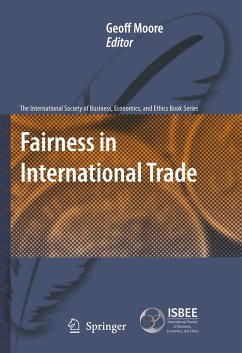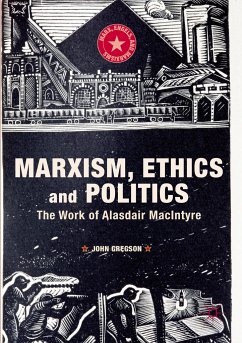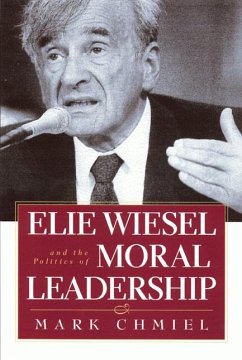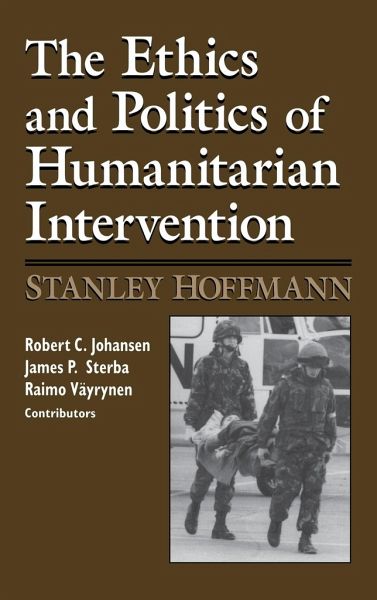
Ethics and Politics of Humanitarian Intervention

PAYBACK Punkte
38 °P sammeln!
In 1995, the Kroc Institute, University of Notre Dame, hosted the first of the Theodore M. Hesburgh Lectures on Ethics and Public Policy. At this inaugural gathering renowned author and scholar Stanely Hoffmann delivered two lectures on the problems of humanitarian intervention in international relations. This timely volume presents Hoffmann's lectures to a wider audience, together with responses made at the conference by Robert C. Johansen an James Sterba, and an introductory essay contributed by Raimo Varynen, director of the Kroc Institute. In his first and premiere lecture, Hoffman attacks...
In 1995, the Kroc Institute, University of Notre Dame, hosted the first of the Theodore M. Hesburgh Lectures on Ethics and Public Policy. At this inaugural gathering renowned author and scholar Stanely Hoffmann delivered two lectures on the problems of humanitarian intervention in international relations. This timely volume presents Hoffmann's lectures to a wider audience, together with responses made at the conference by Robert C. Johansen an James Sterba, and an introductory essay contributed by Raimo Varynen, director of the Kroc Institute. In his first and premiere lecture, Hoffman attacks from a theoretical perspective the political, legal, and moral problems of outside intervention in the affairs of a state. He analyzes the traditional principle, i.e., economic and environmental interdependence, human rights concerns, nuclear proliferation, and the growing international consciousness of the widespread dangers of domestic chaos. As a matter of practical ethics in the "real world," Hoffman proposes norms and guidelines for controlled, impartial, collective intervention and the enforcement which must accompany it. In his second illustrative lecture, Hoffman delivers a stinging indictment of international community in the case of the tragic disintegration of Yugoslavia, which he uses as a case study to illustrate the failure of collective intervention. In the responding essays, Johansen presents guidelines for humanitarian intervention short of sending in troops, and Sterba argues that Hoffmann's basic norms can be derived from Kant's moral philosophy. Because Hoffmann's principles--and indictments--can be readily applied to other tragic events and cases of international turmoil, The Ethics and Politics of Humanitarian Intervention will be a valuable tool in the hands of students and scholars of international relations.



